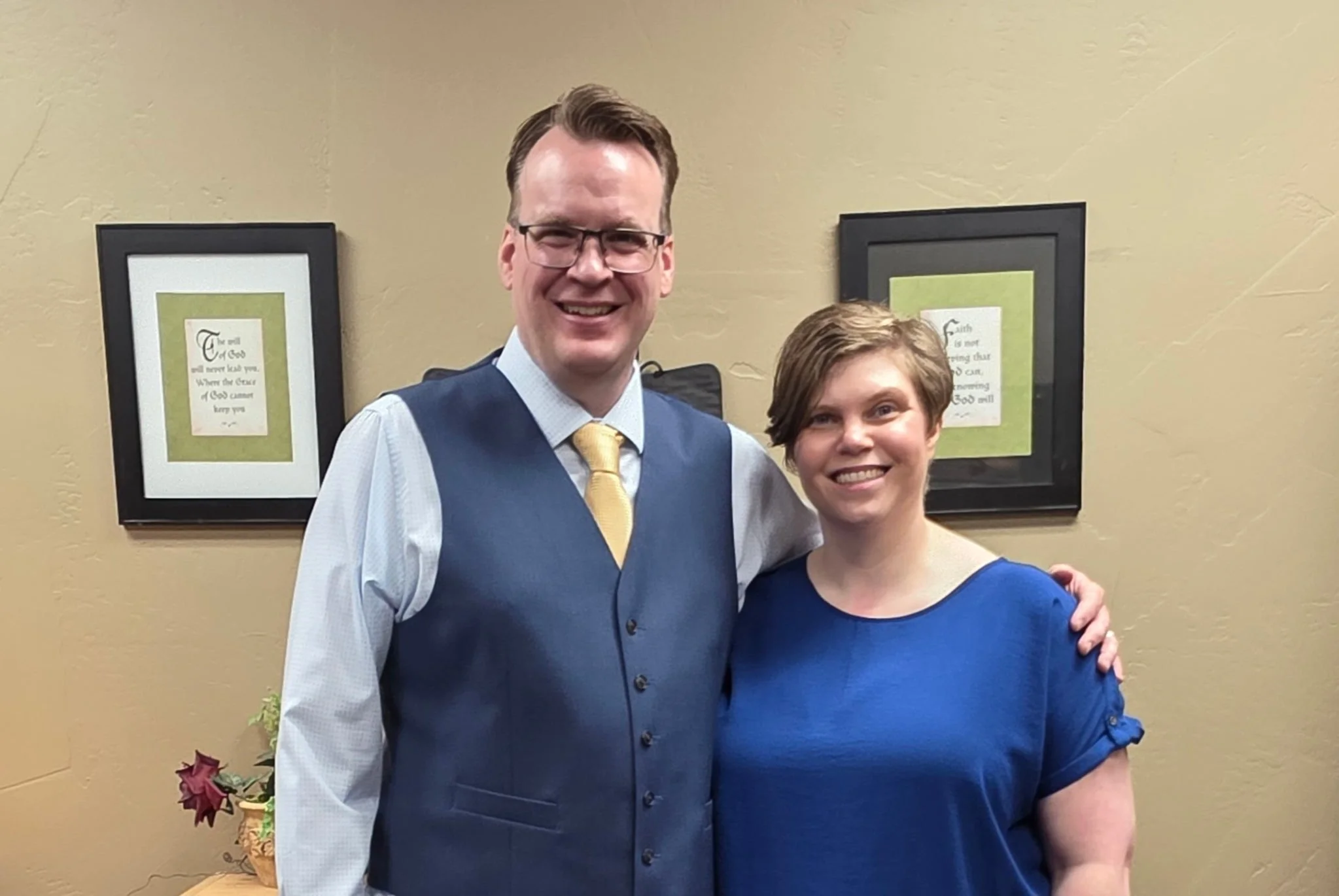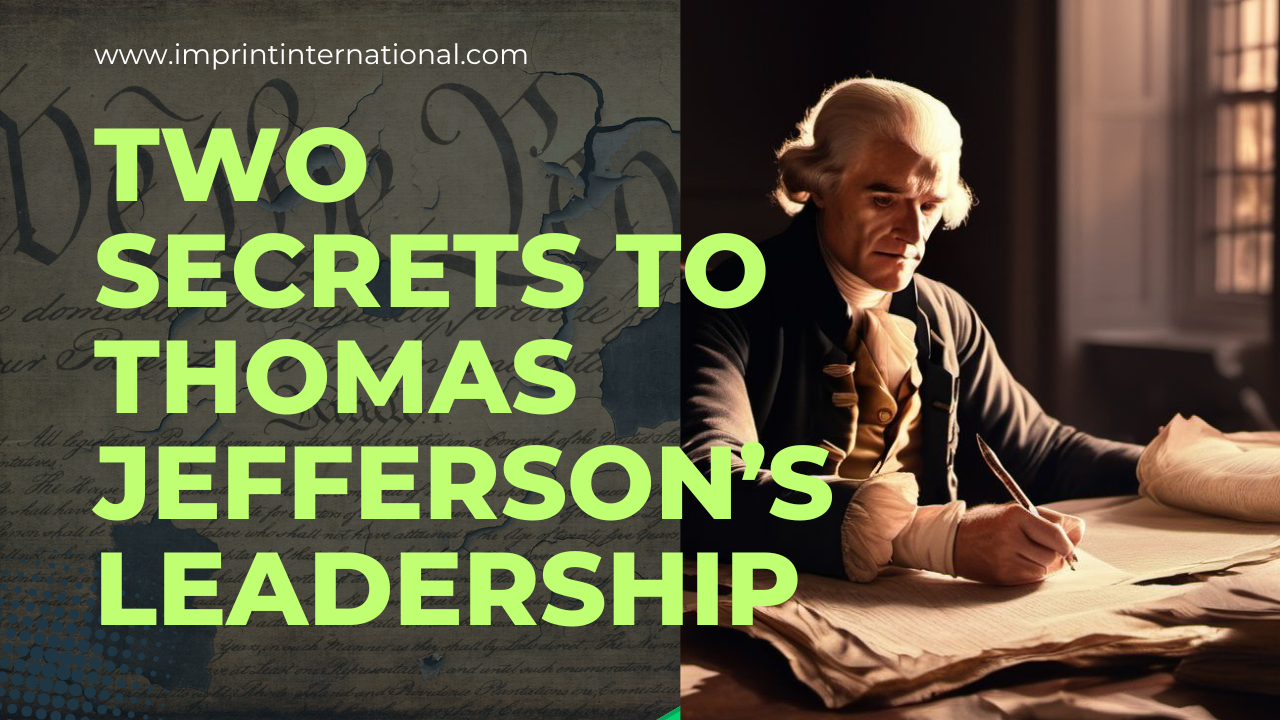Spirit Led Leadership: How Are You Dressed?
/How are you dressed? What does this have to do with Spirit Led Leadership? Certainly in the natural dressing for success or dressing like the job or person you want to be are important truths. Perhaps they even work in the Christian world. Today I’m not talking about choosing the right color of a tie, the right suit, or the type of skirt, but rather the clothing that Paul speaks to put on.
“Put on then, as God’s chosen ones, holy and beloved, compassionate hearts, kindness, humility, meekness, and patience, bearing with one another and, if one has a complaint against another, forgiving each other; as the Lord has forgiven you, so you also must forgive. And above all these put on love, which binds everything together in perfect harmony. And let the peace of Christ rule in your hearts, to which indeed you were called in one body. And be thankful.”
Colossians 3:12-15 ESV
As spirit-led leaders, we are to put on a different type of clothing.
Compassion
Kindness
Humility
Meekness
Patience ( There’s that word again. )
Forgiveness
Love
As you institute your leadership with your business, team, non-profit, church, etc make sure you are dressed for success as you cloth yourself with the characteristics of Jesus Christ. Today we need some better-dressed people.
How can you apply these characteristics today?
More on this topic please see the devotion: Jesus Only: Part 2 by Daybreak Church





